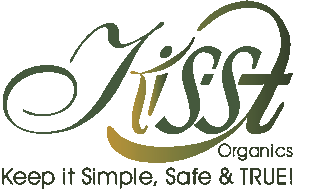- Turmeric: It contains at least two chemicals, curcumin and curcuminoids, that act to decrease inflammation inhibiting the production of prostaglandins (lipid compounds derived from fatty acids) which are linked to arthritic inflammation. Turmeric is a mild aromatic stimulant used in the manufacture of curry powders and mustards. It is in the same family as ginger, cardamom and zedoary. I suggest turmeric for all inflammatory disorders, including arthritis, tendonitis, and auto immune conditions. Don't use turmeric if you have gallstones or bile duct dysfunction. Pregnant women shouldn't use it without their doctors' approval. In rare cases, extended use can cause stomach upset or heartburn.
- Ginger: Ginger is a blood thinner, which which may help reduce angina episodes by lowering cholesterol. Research indicates that ginger may calm arthritis pain, by lowering your prostaglandin levels. One 2005 study even suggests that ginger could reduce pain and inflammation more effectively than non-steroidal anti-inflammatory drugs (such as aspirin).
- Boswellia: Boswellic acids, active components in boswellia, deactivate the hormonal triggers for inflammation and pain. Sourced from a resin found in the bark of frankincense trees, boswellia has been shown to thwart chemical reactions involved in inflammation and may be useful for generalized inflammatory conditions such as fibromyalgia.
Keep in mind that anti-inflammatory herbs won't heal your condition itself, despite their pain-easing effects. Furthermore, addressing the cause of chronic inflammation is essential for working your way toward optimal health; not only known to generate pain, inflammation is a major risk factor for chronic diseases like cancer, cardiovascular disease, and diabetes.

No comments:
Post a Comment